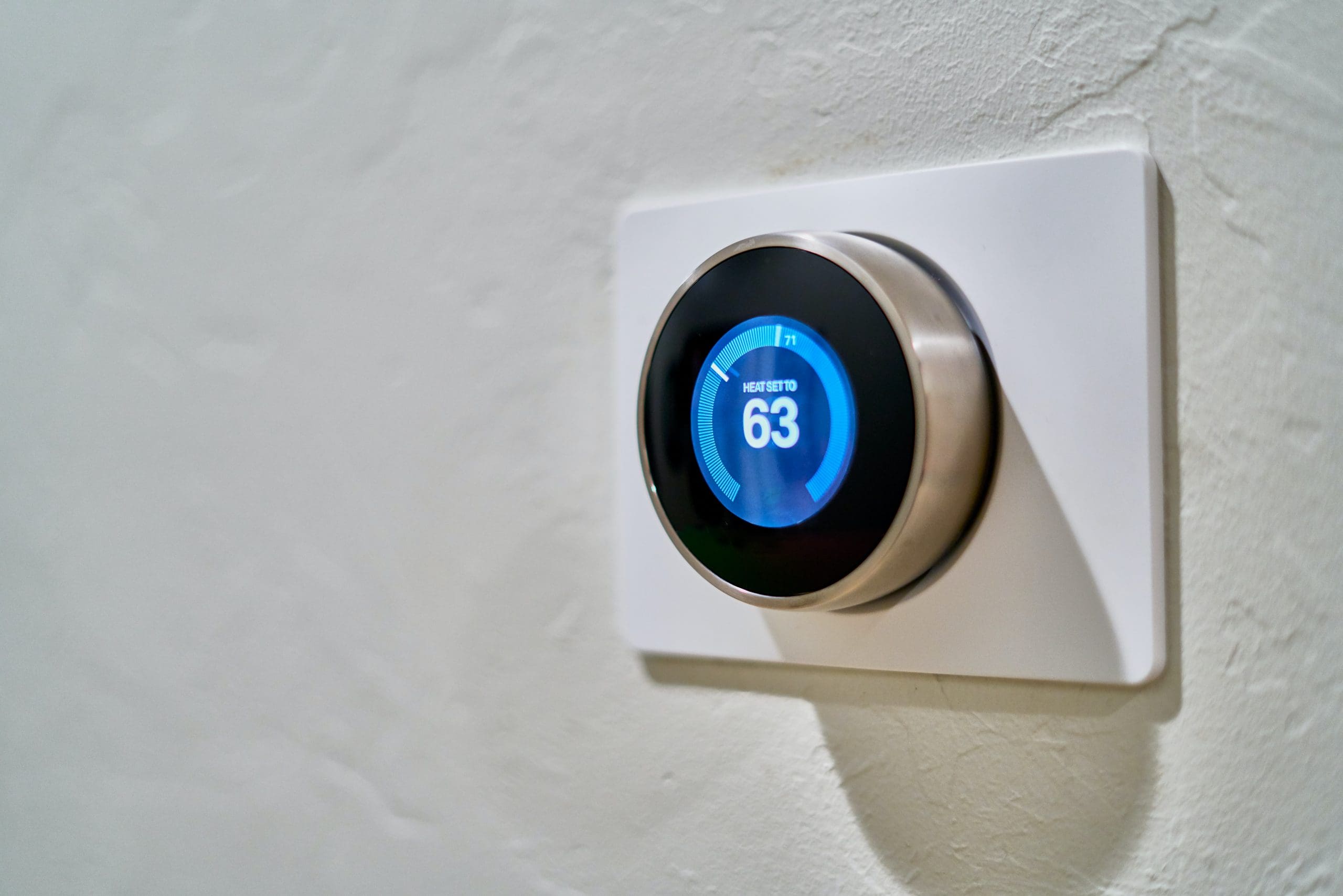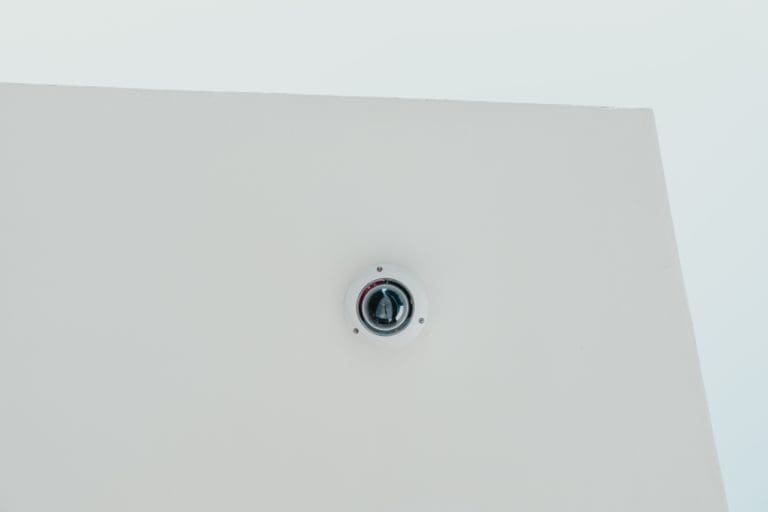1. Asthma Attacks Are Reduced
Why is air conditioning so effective at preventing asthma attacks?
Photo by Dan LeFebvre on Unsplash
Air conditioners not only reduce humidity in your home, they reduce pollen, mould, mildew, and other airborne outdoor allergens that may cause asthma symptoms, according to Mayo Clinic. Dust mites and other indoor allergens can also be reduced by air conditioners.
In addition to routinely changing heater and air conditioner air filters, Cleveland Clinic suggests avoiding asthma triggers.
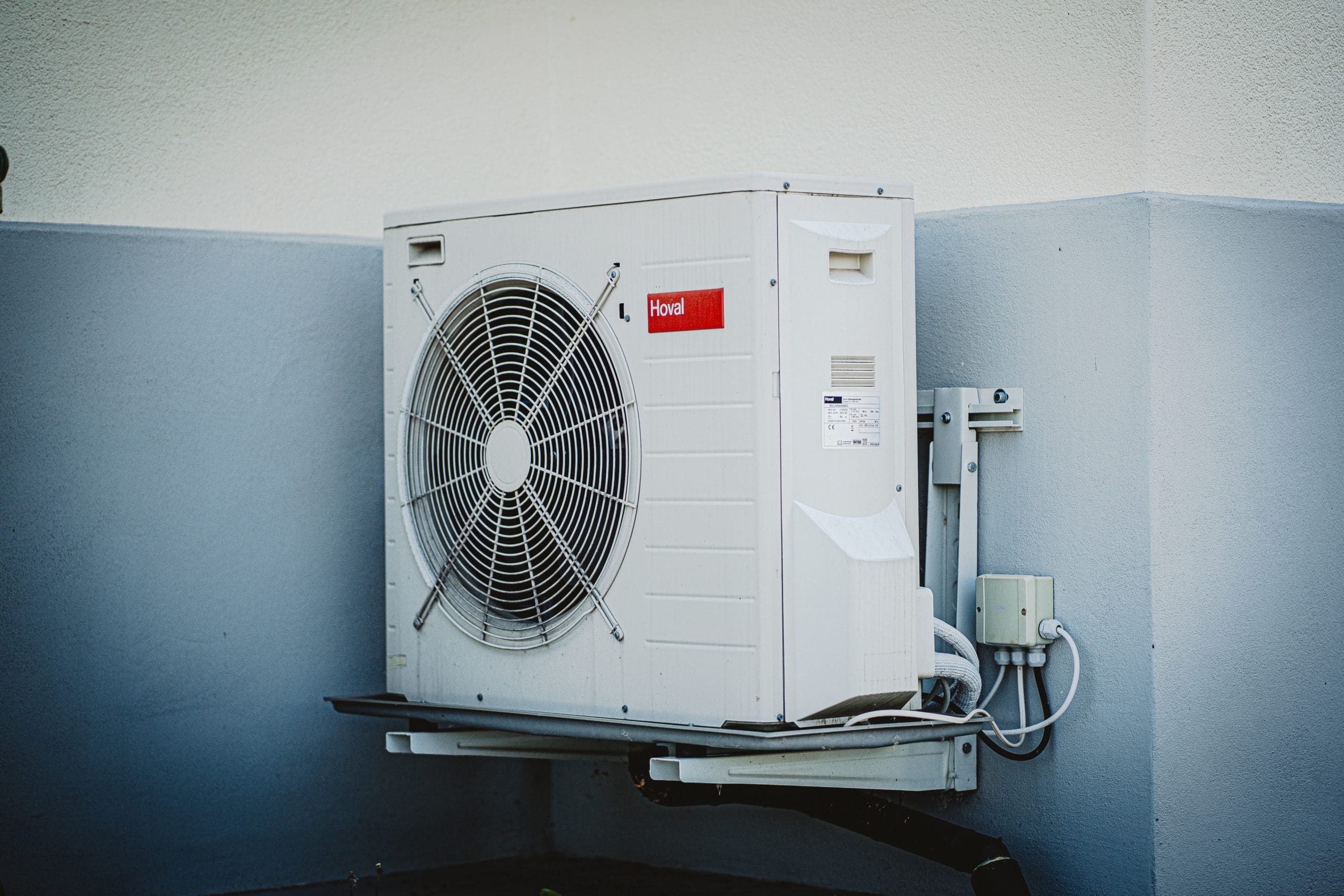
The Mayo Clinic recommends completerefrigerationservices.com replacing carpet with wood or linoleum, regularly cleaning bathrooms and other humid areas of the house that are more likely to harbour mould spores, avoiding pets to reduce contact with pet dander, and wearing a mask when dusting.
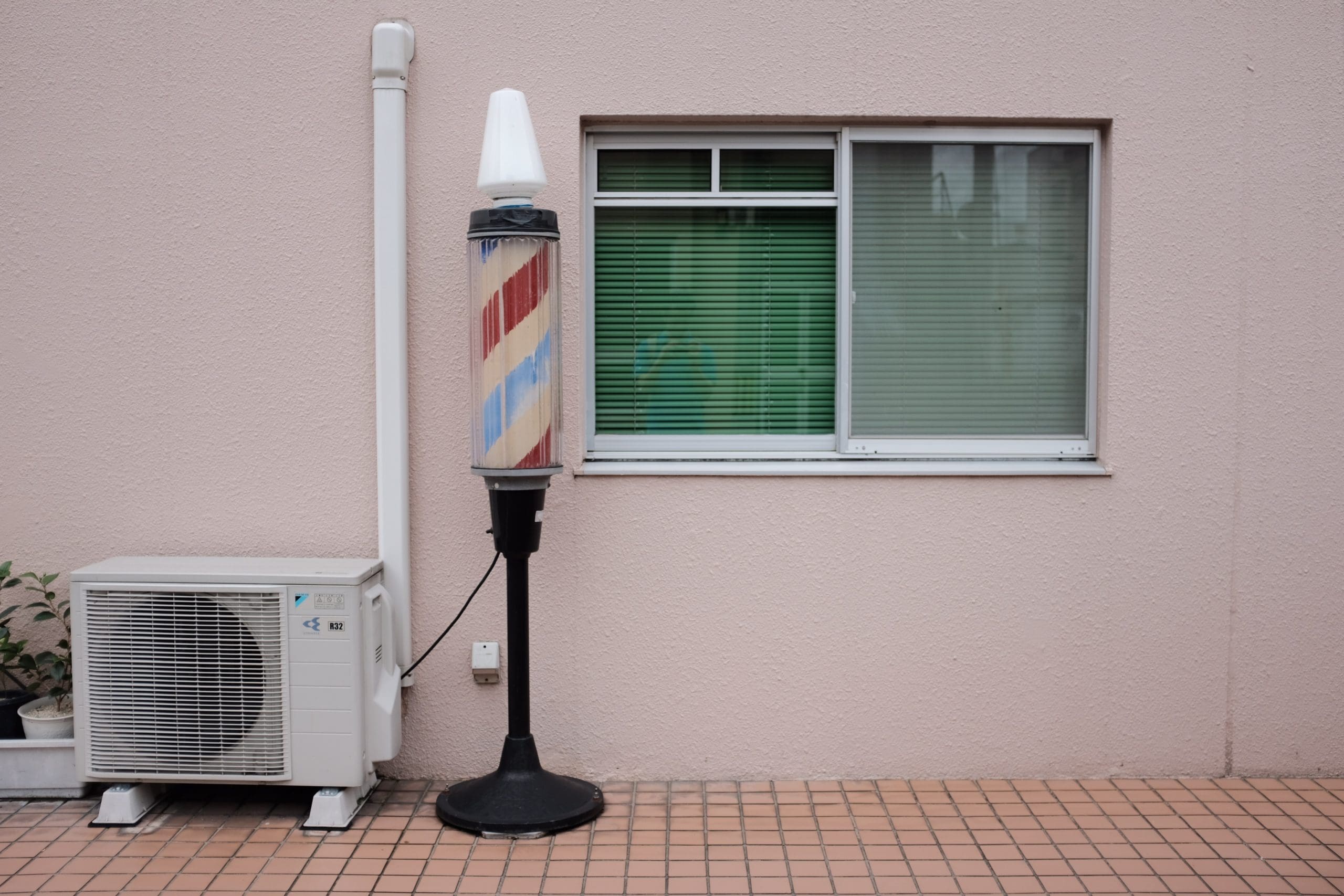
2. Keeping your home safer
Most people keep their windows and doors closed when they air condition their homes. With your doors and windows closed and locked, it is much more difficult for someone to break in than if you leave them open to cool your house.
3. Workout Places That Are Cool
Asthma attacks can also be thwarted by regular exercise and maintaining a healthy weight, according to the Mayo Clinic. Air conditioning can make indoor exercise more comfortable and cool. A comfortable home temperature will encourage you to exercise instead of vegging out after work. A hot gym is not a pleasant place to work out.

4. Parasites and insects are less prevalent
Air conditioning keeps fleas off your dog, did you know? In comparison to an open window, air conditioning filters keep bugs out better. Keeping your house clean as well as protecting you (and your pets!) is a great benefit of this.
5. Sleep better
Air conditioning is the perfect solution for making us sleep better in colder temperatures! A cool bedroom is one tip to help you sleep better, which we’ve discussed previously.
6. Overheat protection for electronics
Our bodies can tell us when they are getting too hot, but electronics often cannot. Data loss and shortening the lifespan of electronics are serious effects of heat.
7. Heatstroke Is Reduced
Heat stroke has claimed the lives of hundreds of people. Air conditioning is the number one preventative measure against heat-related illness and death, according to the Centres for Disease Control and Prevention.
8. Noise reduction
Air-conditioned rooms usually have closed doors and windows. It helps keep these places cool and quiet by reducing noise that enters the room.
9. Dehydration Can Be Reduced
Less sweating occurs at lower temperatures. The majority of the water we consume is actually lost when we sweat. When out in extreme conditions, it is crucial to stay hydrated, but you can avoid this by enjoying some air conditioning indoors.
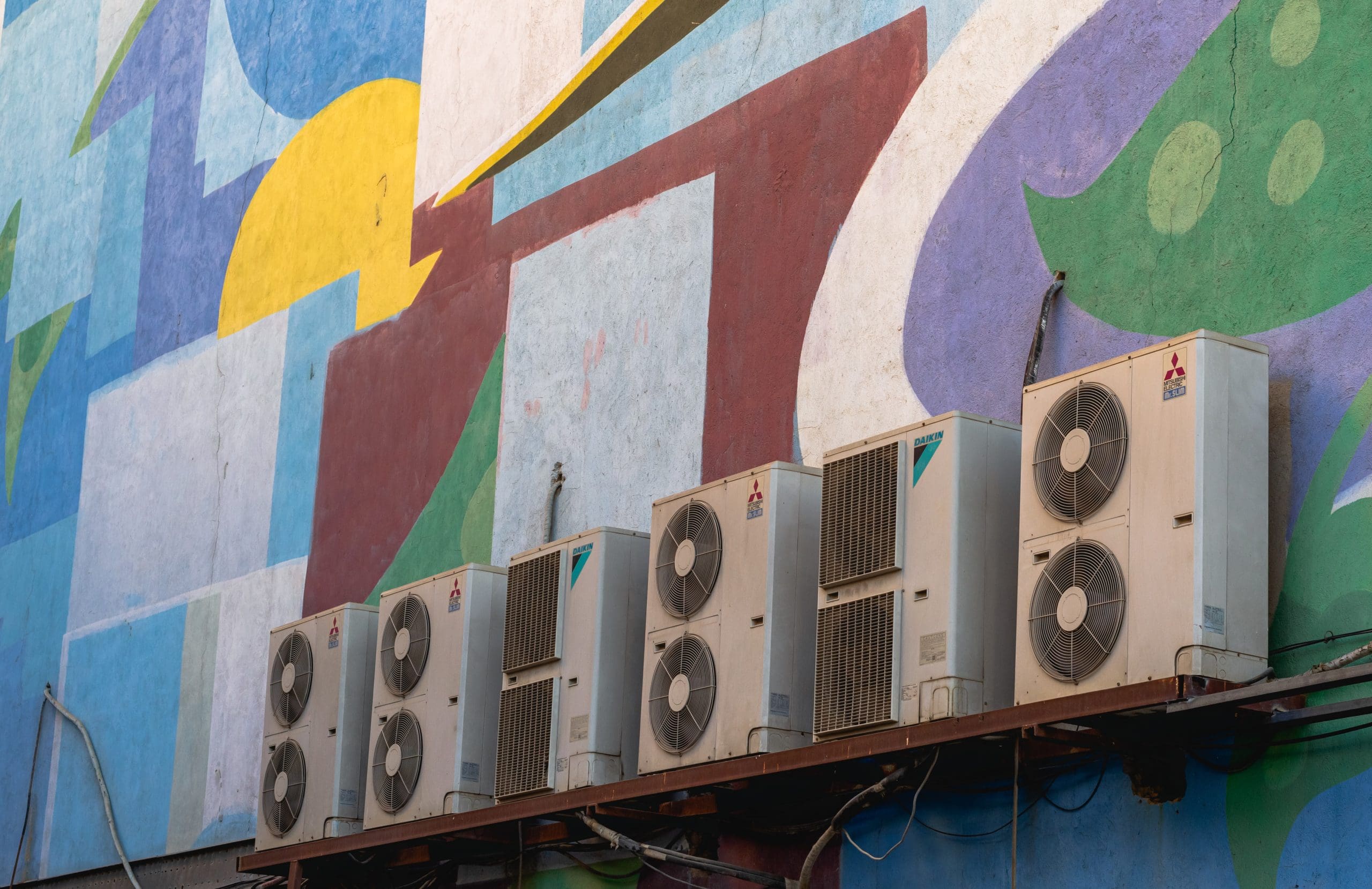
10. Boosts productivity
During those hot, uncomfortable days, does everything seem to drag on? There is a solution to that: air conditioning! Keeping employees comfortable can actually improve their performance, keeping their minds clear and ready for work.
11. Humidity should be reduced
Air conditioning reduces your home’s humidity, which is the most important health benefit. It keeps you healthy and creates a less damp home if you live in a house that prevents high humidity. Dehydration, heatstroke, dust mites, and mould are associated with high humidity.
Air conditioning systems reduce high humidity better than any other method of staying cool.

